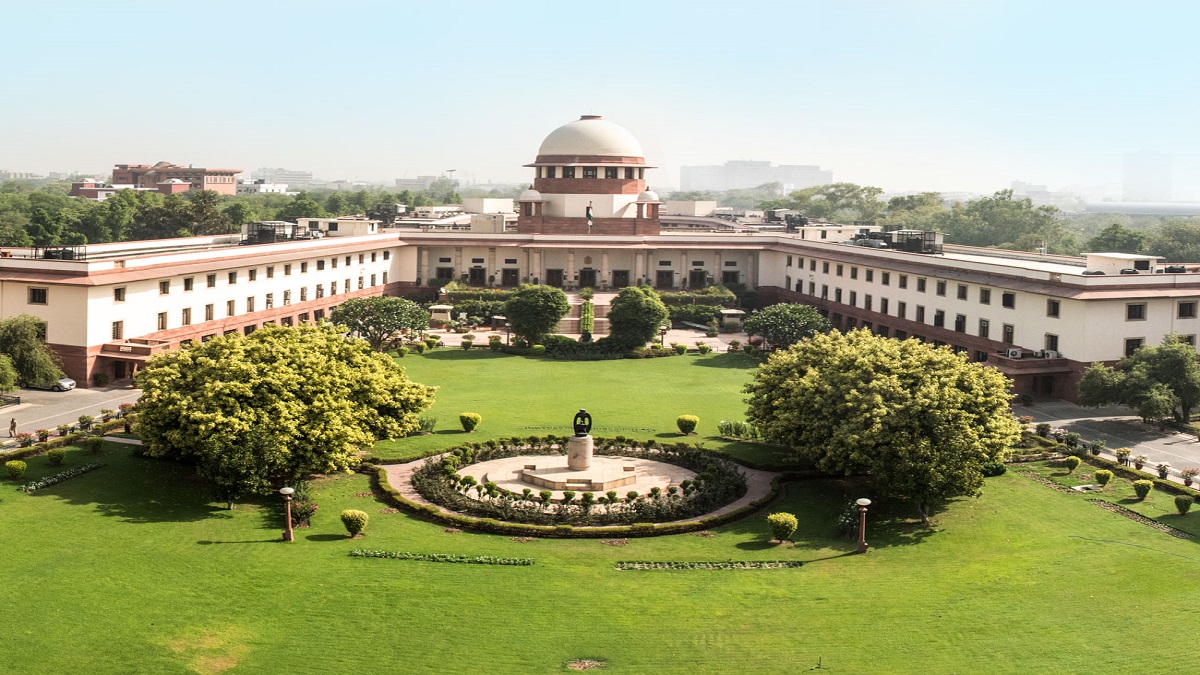Whether prejudice is caused to the officer who is being enquired into is a matter which has to be decided on the basis of the circumstances of each case. Prejudice must be demonstrated to have been caused and cannot be a matter of surmise. Apart from submitting that the first respondent was unable to proceed on deputation or to seek promotion, there is no basis on which it could be concluded that his right to defend himself stands prejudicially affected by a delay of two years in concluding the enquiry. Such an observation was made by the Hon’ble Supreme Court of India before Hon’ble Justice Dr Dhananjaya Y Chandrachud, Hon’ble Justice Vikram Nath & Hon’ble Justice Hima Kohli in the matter of State of Madhya Pradesh & Anr vs Akhilesh Jha & Anr [Civil Appeal No 5153 of 2021].
The facts of the case were that the first respondent was posted as Superintendent of Police at Alirajpur from June 2012 to June 2015. It has been alleged that in spite of the instructions issued by the Inspector General of Police, Indore Zone to disband the “Gunda squad”, the first respondent constituted, supervised and operated the squad. It has been alleged that on 1 June 2014, individuals belonging to such a squad, acting under the supervision of the first respondent arrested an accused who was taken into custody after being called to the police station by the members of the Gunda Squad. The person, who was under interrogation, died in custody on 3 June 2014. A magisterial enquiry was conducted into the custodial death and a report was submitted on 10 October 2014. The report contained observations against the first respondent on his role in illegally constituting the squad. A departmental enquiry was convened against the first respondent and a charge sheet was issued. The allegation in the charge sheet was that the first respondent had committed acts of indiscipline and insubordination by not following the instructions issued by his superior officers regarding the disbanding of the Gunda Squad. The first respondent moved the Central Administrative Tribunal1 at Jabalpur for challenging the charge-sheet which was served on him on 8 June 2016. The Tribunal, by its order dated 28 July 2016, declined to interfere with the charge-sheet but granted an opportunity to the first respondent to initiate appropriate proceedings. The Tribunal, by its order dated 5 January 2018, quashed the charge-sheet issued to the first respondent and the High court also appreciated the said order. Aggrieved the appellate preferred the instant appeal.
The Hon’ble Supreme Court observed that “The statement of imputations contains a reference to the Duty Register as well as the General Diary at the material time. The list of documents annexed to the charge-sheet refers to 21 documents on the basis of which the charges were intended to be proved.”
Additionally, the Hon’ble Supreme Court “On the basis of the above material which has been placed on the record, it was impossible to come to the conclusion that the charge against the first respondent is vague or ambiguous. The charge-sheet, together with the statement of imputations, contains a detailed elaboration of the allegations against the first respondent and does not leave the recipient in a measure of doubt or ambiguity over the nature of the case he is required to answer in the disciplinary enquiry. The finding that the charge is vague is palpably in error”
Finally, the Hon’ble Supreme Court allowed the instant appeal and set aside the impugned order.
Click Here To Read The Judgment
Judgment Reviewed by: Rohan Kumar Thakur


